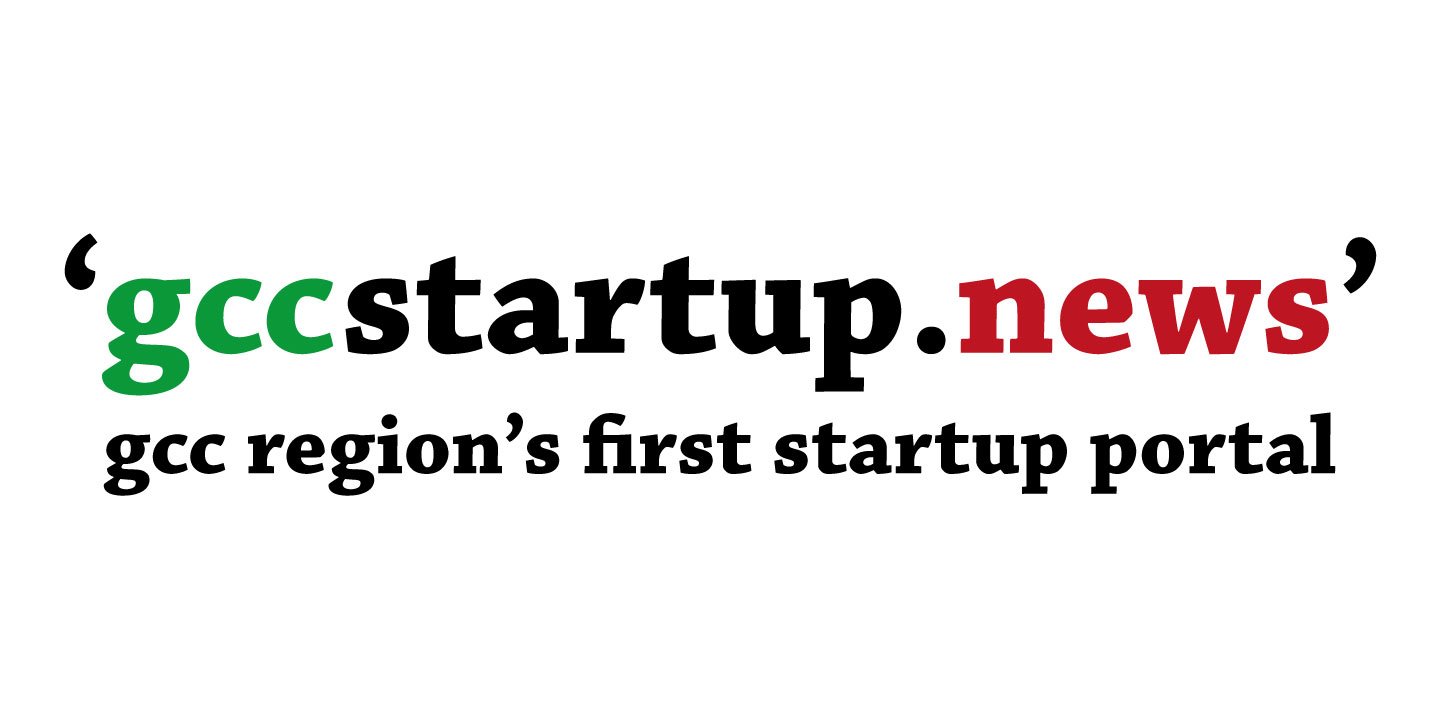In the wake of the ongoing Palestinian crisis, major global brands, including McDonald’s, Coca-Cola, and Starbucks, are facing worldwide boycotts that have significantly affected their sales, especially in the Middle East and South Asia. These brands have not only experienced stock price drops but are also grappling with declining consumer trust and activism, which have severely impacted their revenues in these key regions.
McDonald’s Stock Falls Amid E. Coli Outbreak and Boycotts
McDonald’s experienced a sharp 6.8% drop in stock price after an E. coli outbreak linked to its Quarter Pounder hamburgers led to one death and sickened 49 people in the U.S. This incident alone would have raised concerns, but it coincided with a growing global boycott of the brand, driven by its perceived political stance on the Palestinian issue.

In the Middle East, McDonald’s restaurants have seen a significant decline in sales as activists across countries such as Saudi Arabia, the United Arab Emirates, and Qatar, as well as social media campaigns, have called for consumers to stop supporting the chain. According to reports, franchise operators in the region have noted a 20-30% drop in foot traffic and sales over the past few weeks.
Similarly, McDonald’s outlets in South Asian countries like Pakistan and Bangladesh have reported a 15-20% dip in revenue as the boycott gains traction among consumers in solidarity with the Palestinian cause.
Coca-Cola Struggles with Weak Demand in Boycott-Affected Markets
Coca-Cola saw a 2.1% dip in its stock price, despite beating earnings expectations through price hikes. However, the company has struggled with sluggish demand in regions heavily affected by boycotts, particularly in the Middle East and South Asia.

In countries such as Lebanon, Jordan, and Turkey, sales have dropped by as much as 25%, with Coca-Cola products being removed from shelves by some retailers due to public pressure.
In India and Pakistan, major consumer markets for Coca-Cola, the boycott has sparked a 10-15% decline in sales, primarily in urban areas where activism on social media platforms like Twitter and Instagram is more pronounced. Consumers in these countries have been switching to local alternatives or abstaining from purchasing Coca-Cola products altogether.
Starbucks Sales Decline Due to Boycott and Weaker U.S. Demand
Starbucks is also suffering, with its stock falling by 3.9% after the company reported preliminary fourth-quarter results showing declines in same-store sales, net revenue, and profit. Weaker demand in the U.S. has contributed to these losses, but the boycott has been particularly devastating in the Middle East and South Asia.

In Saudi Arabia, Starbucks stores have reported a 30% drop in sales, while in Kuwait and Bahrain, many stores have experienced a 20-25% decline. The brand’s operations in India and Pakistan have also been hit, with a 10-12% reduction in revenue since the boycott began. Consumers in these regions are increasingly using alternative coffee chains or avoiding Starbucks products, further exacerbating the company’s financial troubles.
Starbucks Middle East operator AlShaya to cut over 2,000 jobs after Gaza-linked boycotts
Boycotts Highlight the Power of Consumer Activism
The ongoing boycotts have made it clear that consumer activism can have a significant impact on global brands, particularly in regions where public sentiment is closely tied to political issues. In the Middle East and South Asia, where the Palestinian cause has strong support, consumers are using their purchasing power to protest against companies they perceive as politically aligned with opposing views.
In addition to social media-driven activism, boycott movements have been organized by community leaders and advocacy groups, further increasing pressure on these brands. According to marketing experts, these boycotts have the potential to inflict long-term damage on companies’ reputations in the affected regions, with some consumers likely to permanently switch to local or alternative brands.
Looking Ahead: Can Global Brands Rebuild Consumer Trust?
As McDonald’s, Coca-Cola, and Starbucks continue to navigate the fallout from the boycotts and health concerns, they face the challenge of restoring consumer trust in the Middle East, South Asia, and beyond. Rebuilding relationships in these regions may require more than traditional marketing efforts—it may involve direct engagement with local communities and a reconsideration of corporate social responsibility strategies.
Moving forward, the ability of these companies to recover will largely depend on their responsiveness to consumer concerns and their efforts to adapt to the evolving political and social landscape. With sales down significantly in key markets, these global giants are under pressure to act swiftly to prevent further losses and regain their footing.
About the Author
Dr. Tausif Malik is an Indian American social entrepreneur, publisher, and academician, renowned for his innovative ventures. He founded and publishes The Desi Buzz, GCC Startup News, Startup Berita, and Halal Biz News, amplifying entrepreneurship globally. Dr. Malik also spearheads AIMBSN, Halal Angels Network, and Startup Villages, fostering startup ecosystems. His groundbreaking initiative, RiseBack.org, offers affordable edtech solutions, providing Indian university programs starting at $50 per month and professional IT courses priced at $250-$350. Through his diverse endeavors, Dr. Malik empowers individuals with access to education and opportunities.





